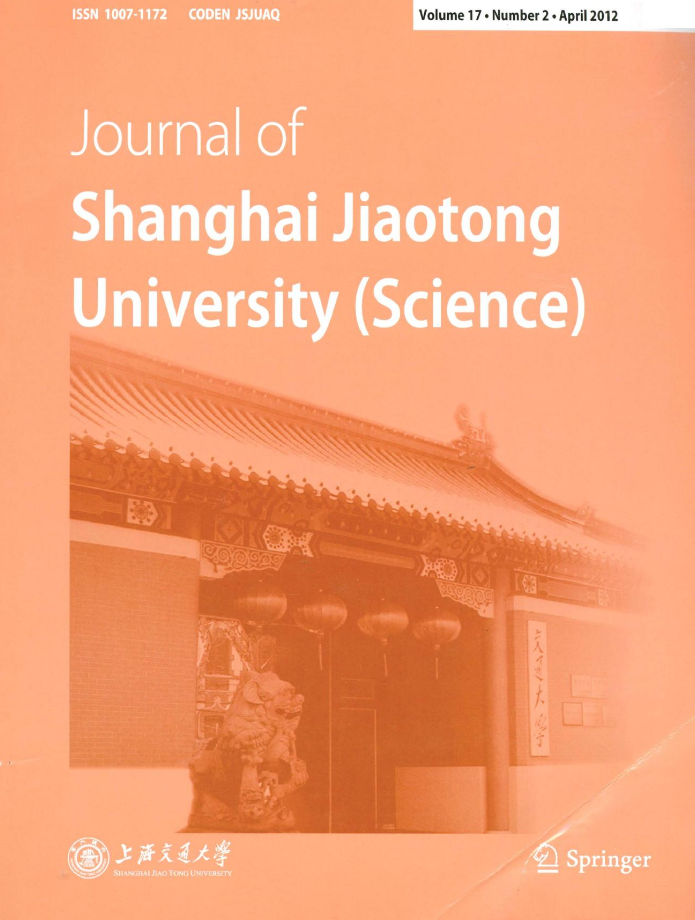|
|
TDRM: A Peer-to-Peer-Based Taxonomy Data Ring Model
QIAO Bai-you (乔百友), WEI Yong (魏勇), WANG Xiao-yang (王潇杨) DING Lin-lin (丁琳琳), WANG Guo-ren (王国仁)
2012, 17 (2):
182-189.
doi: 10.1007/s12204-012-1250-8
Peer-to-peer (P2P) networks are widely used due to their good scalability and robustness. This paper considers the characteristics of data sources which use some taxonomy hierarchies to classify and organize their data objects, combines P2P techniques, and proposes a P2P based taxonomy data ring model (TDRM). The model makes full use of the semantic information contained in taxonomy hierarchies, places the data objects having similar semantics together, and organizes them into one dimensional ring structure. Super-peers dynamically join the ring according to the requirement. The routing connections among super-peers are created, which are similar to Chord ring, thus a semantics based structured super-peer network is formed. Experiments show that the model has good scalability and search efficiency.
References |
Related Articles |
Metrics
|

